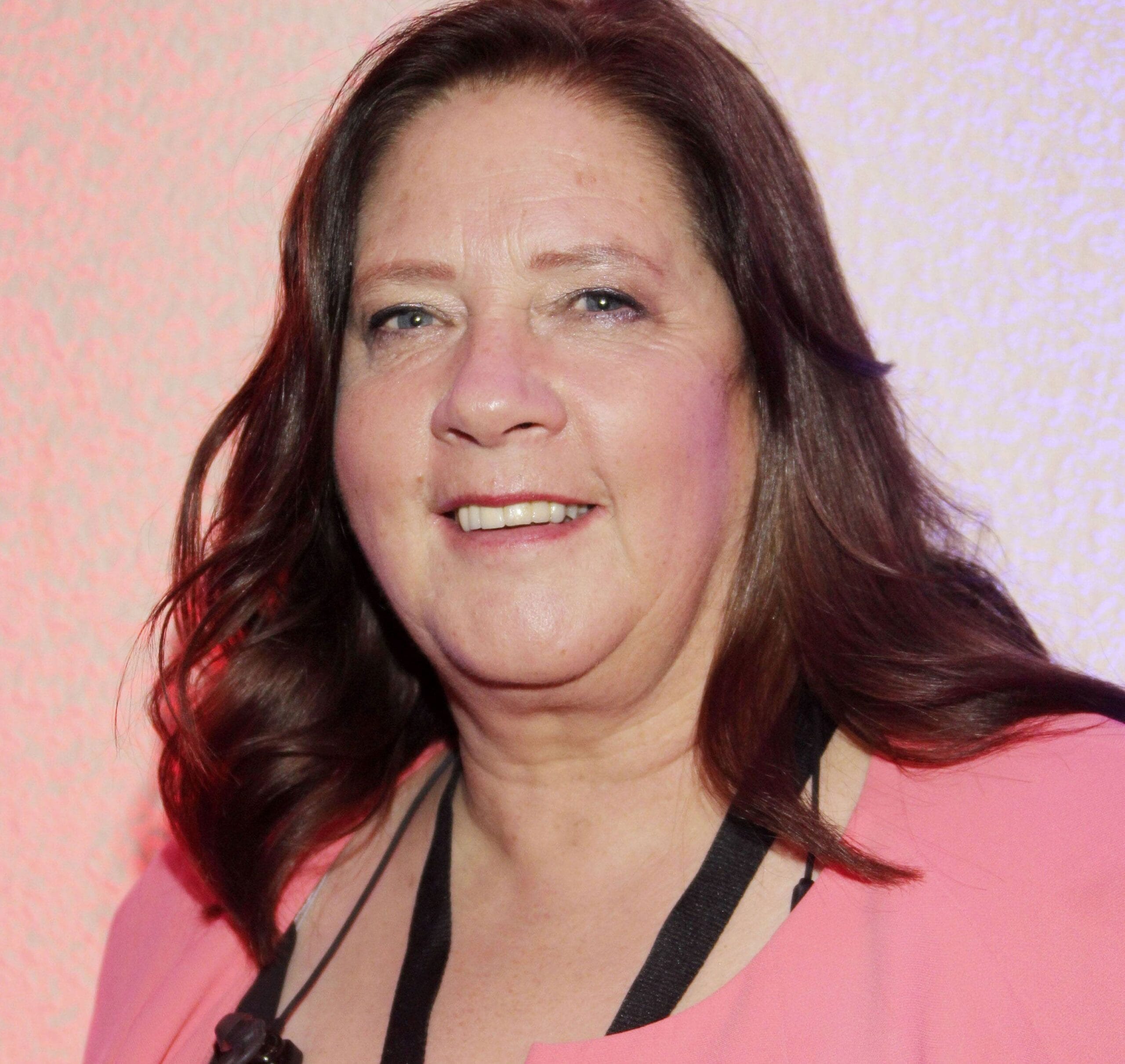The fast-food industry is known for creating household names and massive revenues, but behind these global franchises are families whose financial strategies keep their legacies alive for generations. Among the most notable are the Cathy family behind Chick-fil-A and the Cherng family of Panda Express. Through diverse investments and firm family principles, they have crafted systems that not only protect their wealth but also ensure sustainable growth aligned with their values.
Chick-fil-A, a name synonymous with menu consistency and devoted customer service, is the brainchild of the late S. Truett Cathy. Starting from a single diner in 1946, Cathy carved out a niche in the highly competitive fast-food realm with his chicken-focused menu. His approach to wealth management was also markedly unconventional. The Chick-fil-A business model of retaining complete family ownership has been instrumental in both its operational control and financial autonomy.
The Chick-fil-A empire is managed under the Cathy Family Office, headquartered in Atlanta. It employs a dedicated team to oversee investments, legal matters, and philanthropy. This team includes a “family services lead,” tasked with ensuring coherence and unity across three generations of Cathys. By holding firm to the company’s ethos, including closing on Sundays for family time and faith-based reasons, the Cathy family demonstrates that their values significantly influence their business and fiscal choices.
The Cathy family’s wealth management extends into areas beyond the fast-food world. Real estate has been a significant focus, with holdings including properties in desirable U.S. locations. However, their investments are not only about financial returns. Initiatives like funding scholarships and supporting community projects underline their intention to leave a social impact.
While the Cathy family emphasizes legacy and values, the Cherngs of Panda Express employ an approach equally as visionary but distinctive in its structure. Andrew and Peggy Cherng founded Panda Express in 1983, beginning with a single location in a California mall. Today, Panda Express has evolved into a sprawling brand with over 2,600 locations in the U.S. and abroad.
The Cherng family’s wealth management is overseen through their family office, the Cherng Family Trust. Their strategy diverges from the Cathys in its emphasis on diversification. Besides reinvesting in their fast-food chain, the Cherngs have delved deep into real estate, technology startups, and other sectors. Apartments, office spaces, hotels, and retail holdings form part of their multi-billion-dollar portfolio. This diversification shields them from risks tied exclusively to the fast food industry while providing significant streams of passive income.
The Cherng Family Trust also places great importance on privacy, handling affairs with a level of discretion that correlates with their family culture. Nevertheless, the trust’s active philanthropy speaks volumes about their ethos. The family has donated millions toward educational causes and healthcare facilities, believing in giving back to the communities that have supported their success.
Despite their differing approaches to wealth management, the Cathys and the Cherngs share a commitment to family governance. Both have instilled values of responsibility, discipline, and unity across successive generations. Their wealth management approaches do not stop at merely growing their fortunes; they focus on education and engagement for younger family members, equipping them with the knowledge to take the reins responsibly.
A common thread for both family empires is their reliance on conservative financial strategies. While they may take calculated risks in new ventures, neither family forays into unnecessarily speculative investments. This prudence ensures long-term financial security and aligns with the overarching goal of preserving family legacies.
The question arises—why have these families managed to succeed where others faltered? Business analysts often point to their ability to blend business acumen with strong personal values. Both families have treated their business and investments as extensions of their identity, integrating their faith, culture, and ethics into decision-making processes. Moreover, their insistence on retaining control—for example, Chick-fil-A’s refusal to go public—safeguards their ability to operate without outside interference.
In the investment space, family offices like those of the Cathys and Cherngs illuminate the growing trend of consolidating wealth management under private, highly specialized entities. This allows wealthy families to not just manage funds but also create tailored philanthropic projects and exercise greater control over the narrative of their legacies.
As the competitive fast-food landscape continues to evolve, the future for the Cathy and Cherng families appears robust. Their proactive approach toward adapting to changes—be it digital innovations, evolving customer preferences, or economic fluctuations—ensures that their empires stabilize amidst an often-volatile sector. For other business families looking to preserve their fortunes, the Cathy and Cherng models serve as admirable blueprints, harmonizing financial savvy with deeply rooted family values.



